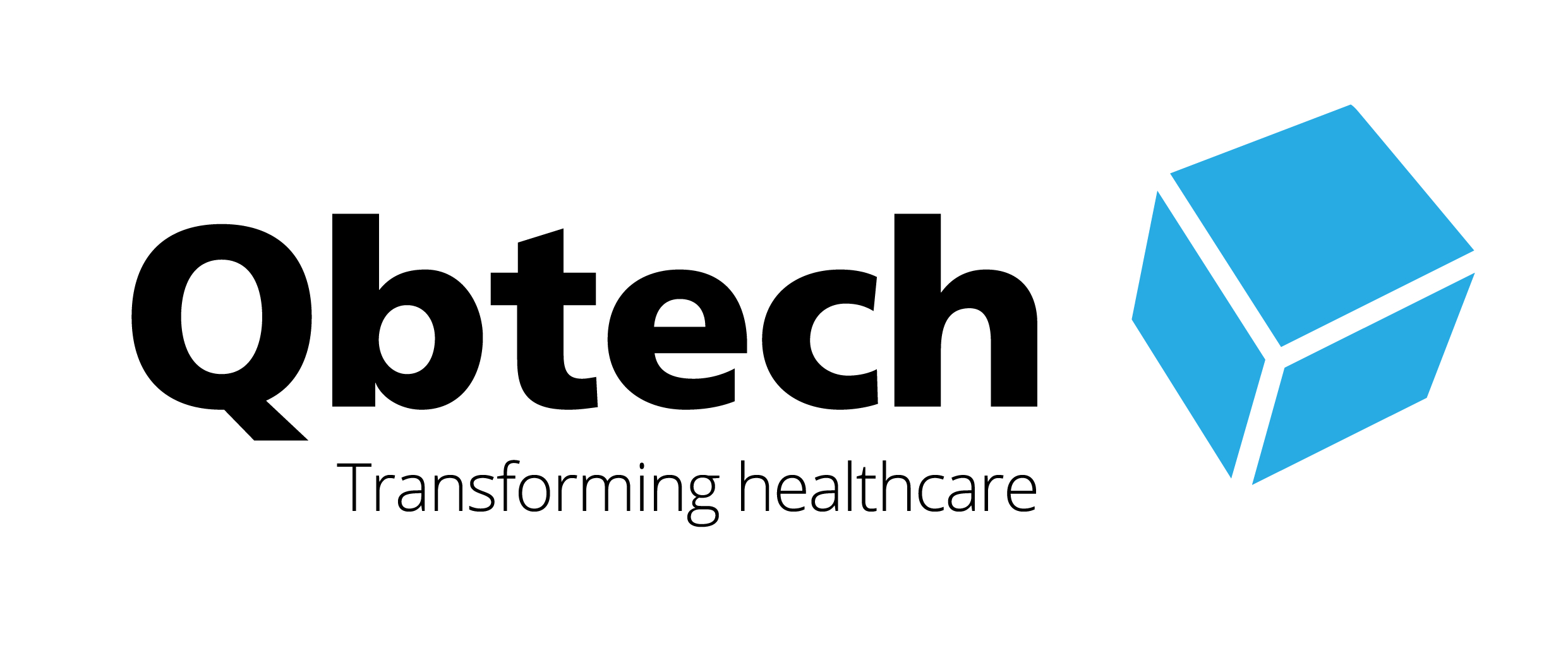Mindfulness Program Eases Stress in Parents of ADHD Children
A recent pilot randomized controlled trial published in BMC Psychology explores the application of mindfulness-based stress reduction (MBSR) techniques to support caregivers of children with attention deficit hyperactivity disorder (ADHD). The study, led by researchers Law, Bressington, Ruan, and colleagues, investigates the potential benefits of MBSR programs for parents experiencing chronic stress and emotional challenges related to ADHD caregiving.
Mindfulness-based stress reduction, developed by Jon Kabat-Zinn, cultivates present-moment awareness through meditation, yoga, and cognitive-behavioral strategies. The trial extends the application of MBSR to address the specific stresses faced by parents of children with ADHD, who often experience heightened anxiety, frustration, and exhaustion due to behavioral management demands, social stigma, and navigating healthcare systems.
The methodology involved recruiting parents of children diagnosed with ADHD and randomly assigning them to either an MBSR intervention group or a waitlist control group. Over several weeks, the intervention group participated in a structured MBSR curriculum, incorporating meditation practices, mindful movement, and skill-building exercises. Pre-intervention assessments measured perceived stress, anxiety, depressive symptoms, and quality of life.
Following the MBSR program, parents reported significant reductions in perceived stress and anxiety levels compared to the control group. Improvements in depressive symptoms were also noted, suggesting that mindfulness may have mood-stabilizing effects. The study also reported enhanced quality of life metrics among MBSR participants, potentially improving parent-child interactions and mitigating social and behavioral challenges associated with ADHD.
High rates of attendance and engagement with the mindfulness sessions indicate the acceptability of the intervention among this target group. Mindfulness practices have been shown to enhance attentional control and executive functioning. The psychological improvements observed may reflect underlying changes in neural circuitry, warranting future research using neuroimaging modalities to elucidate the mechanistic pathways of MBSR's effects on caregiver mental health.
The pilot study lays the groundwork for larger-scale trials to confirm efficacy and explore potential moderators or mediators of treatment outcomes. Factors such as baseline stress levels, socioeconomic status, and previous exposure to mindfulness or psychological interventions may influence responsiveness to MBSR. By alleviating parental stress and enhancing psychological resilience, MBSR programs may contribute to better developmental outcomes for children with ADHD. Parental stress is linked to exacerbation of child behavioral symptoms, making caregiver stress interventions a promising strategy within ADHD management.
Longitudinal follow-up of MBSR participants is vital to prevent adverse mental health outcomes in caregivers and support family environment stability. The trial's multidisciplinary approach acknowledges that effective ADHD support must address relational dynamics and psychological well-being at a systemic level. However, the pilot study's modest sample size limits the generalizability of results, and the reliance on self-reported outcome measures may introduce subjective bias. Future studies could employ objective physiological markers of stress to complement subjective assessments.
Integrating mindfulness programs into routine care for parents of children with ADHD aligns with the increasing emphasis on non-pharmacological interventions in pediatric behavioral health. Mindfulness offers a low-cost, accessible, and non-stigmatizing approach that can be adapted to various cultural contexts. Empowering caregivers through evidence-based interventions like MBSR is a critical step forward in managing ADHD and fostering healthier, more resilient caregiving environments. Standardizing mindfulness interventions across clinical and community settings is feasible, with avenues for future research and implementation science including training practitioners and developing digital delivery platforms.
Ultimately, the pilot randomized controlled trial demonstrates how contemplative practices and clinical research can synergize to address contemporary health challenges. Mindfulness-based stress reduction could become a cornerstone in comprehensive ADHD care models, improving quality of life for both parents and children.
You may also like...
Diddy's Legal Troubles & Racketeering Trial

Music mogul Sean 'Diddy' Combs was acquitted of sex trafficking and racketeering charges but convicted on transportation...
Thomas Partey Faces Rape & Sexual Assault Charges

Former Arsenal midfielder Thomas Partey has been formally charged with multiple counts of rape and sexual assault by UK ...
Nigeria Universities Changes Admission Policies

JAMB has clarified its admission policies, rectifying a student's status, reiterating the necessity of its Central Admis...
Ghana's Economic Reforms & Gold Sector Initiatives

Ghana is undertaking a comprehensive economic overhaul with President John Dramani Mahama's 24-Hour Economy and Accelera...
WAFCON 2024 African Women's Football Tournament

The 2024 Women's Africa Cup of Nations opened with thrilling matches, seeing Nigeria's Super Falcons secure a dominant 3...
Emergence & Dynamics of Nigeria's ADC Coalition

A new opposition coalition, led by the African Democratic Congress (ADC), is emerging to challenge President Bola Ahmed ...
Demise of Olubadan of Ibadanland
Oba Owolabi Olakulehin, the 43rd Olubadan of Ibadanland, has died at 90, concluding a life of distinguished service in t...
Death of Nigerian Goalkeeping Legend Peter Rufai

Nigerian football mourns the death of legendary Super Eagles goalkeeper Peter Rufai, who passed away at 61. Known as 'Do...




